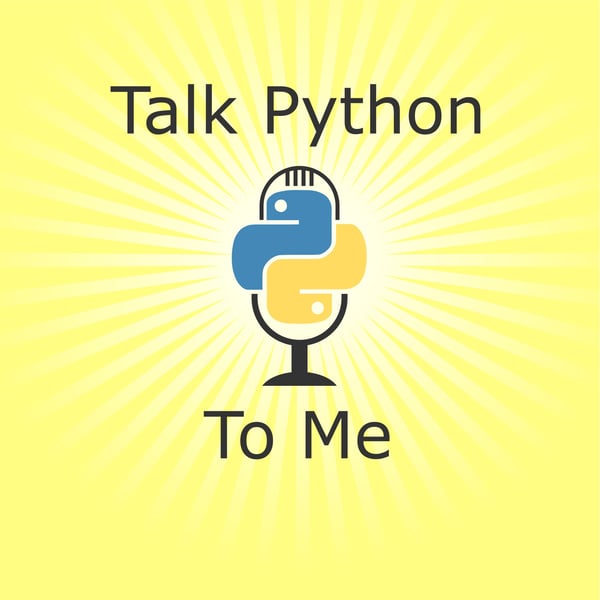#158: Quantum Computing and Python
Talk Python To Me
Michael Kennedy
4.8 • 635 Ratings
🗓️ 20 April 2018
⏱️ 48 minutes
🧾️ Download transcript
Summary
Transcript
Click on a timestamp to play from that location
| 0:00.0 | You've surely heard of quantum computing and quantum computers. |
| 0:02.9 | They're based on the often non-intuitive nature of very small particles described by quantum mechanics. |
| 0:08.6 | So how do they work? |
| 0:09.8 | And what will they mean for us as a society and as developers? |
| 0:13.2 | Luckily, I have Hannah Sim, a PhD student from Harvard working on quantum algorithms here to give us the full story. |
| 0:19.6 | This is Talk Python to Me, episode 158 recorded April 17, 2018. |
| 0:45.1 | Welcome to Talk Python to Me, a weekly podcast on Python, the language, the libraries, the ecosystem, and the personalities. |
| 0:49.2 | This is your host, Michael Kennedy. Follow me on Twitter where I'm at M. Kennedy. |
| 0:54.7 | Keep up with the show and listen to past episodes at TalkPython.fm, and follow the show on Twitter via at talk python. This episode is brought to you by Linode and ActiveState. Check out what |
| 1:00.9 | they're offering during their segments. It really helps support the show. Hannah, welcome to Talk |
| 1:05.0 | Python. Hi, thanks for having me, Michael. Yeah, it's really great to have you here. I'm super excited |
| 1:09.3 | about the topic that we're going to cover quantum computers and a little bit of quantum mechanics even. So that's going to be so fun. |
| 1:15.9 | But before we get into those topics, let's start with your story. How did you get into programming |
| 1:19.9 | in Python? During my first year of college, I was really trying to decide. I knew I was interested |
| 1:25.4 | in chemistry, but I was, I guess, trying to decide what |
| 1:28.1 | type of research or lab I wanted to join. And I recall really liking the idea of integrating |
| 1:34.4 | chemistry with computation. And this comes from the fact that by using computational chemistry, |
| 1:40.4 | you can essentially probe what's happening inside a test tube or a beaker in lab and |
| 1:46.1 | really understanding what's happening down at the molecular level. Yeah, there's so much that |
| 1:50.8 | seems almost unknown in chemistry. I mean, we have really, really clear models for what it |
| 1:56.6 | looks like if I throw a ball across the room, but understanding how, say, electrons actually |
| 2:03.0 | interact and stuff, that starts to get a little tricky, right? So these computational approximations |
... |
Please login to see the full transcript.
Disclaimer: The podcast and artwork embedded on this page are from Michael Kennedy, and are the property of its owner and not affiliated with or endorsed by Tapesearch.
Generated transcripts are the property of Michael Kennedy and are distributed freely under the Fair Use doctrine. Transcripts generated by Tapesearch are not guaranteed to be accurate.
Copyright © Tapesearch 2025.

